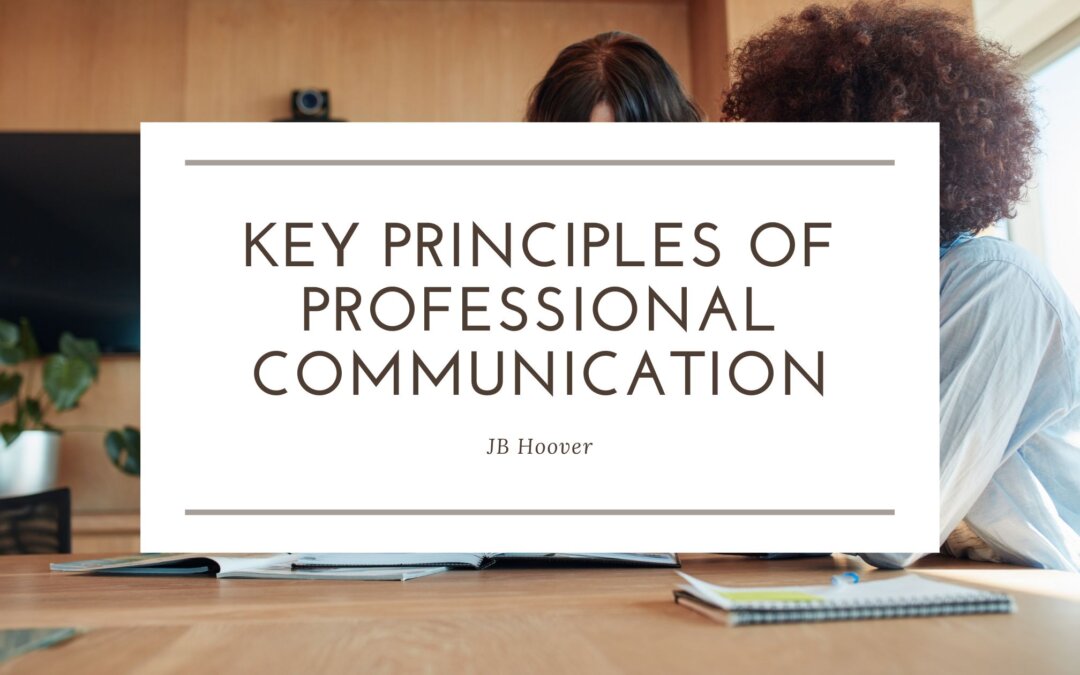Effective communication is a cornerstone of professional success. Whether interacting with colleagues, clients, or stakeholders, professionals must master the art of clear and concise communication to convey ideas, build relationships, and achieve desired outcomes.
Clarity and Conciseness
Clarity and conciseness are fundamental principles of effective communication. Professionals should express their thoughts and ideas clearly and straightforwardly, avoiding unnecessary jargon or complex language. Clear communication ensures that messages are easily understood by the intended audience, reducing the risk of misinterpretation and confusion.
Active Listening
Active listening is a critical skill in professional communication. It involves fully engaging with the speaker, paying attention to verbal and nonverbal cues, and seeking to understand the message being conveyed. Professionals should demonstrate active listening by maintaining eye contact, nodding, and asking relevant questions to show interest and comprehension.
Tailoring the Message
Adapting the message to the specific audience is a crucial principle of professional communication. Professionals should consider the recipients’ knowledge, background, and communication style to ensure that the message is relevant and easily understood. Tailoring the message demonstrates respect for the audience and enhances communication effectiveness.
Empathy and Emotional Intelligence
Empathy and emotional intelligence play a vital role in professional communication. Professionals should strive to understand and empathize with the perspectives, emotions, and needs of others. By practicing empathy, professionals can build rapport, foster positive relationships, and navigate sensitive situations with tact and understanding.
Nonverbal Communication
Nonverbal communication encompasses body language, facial expressions, tone of voice, and gestures. It is essential to align nonverbal cues with the intended message to ensure consistency and avoid miscommunication. Professionals should be mindful of their posture, maintain appropriate eye contact, and use gestures and facial expressions that support their verbal communication.
Respectful and Professional Tone
Maintaining a respectful and professional tone is crucial in professional communication. Professionals should use language that is courteous, polite, and free from offensive or derogatory remarks. Choosing words and tones that reflect professionalism and foster positive working relationships is important.
Feedback and Open Dialogue
Feedback and open dialogue are fundamental principles of effective professional communication. Professionals should actively seek feedback from others, welcome constructive criticism, and engage in open discussions. By encouraging open dialogue, professionals can enhance collaboration, address concerns, and promote continuous improvement.
